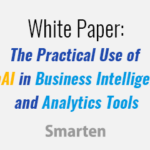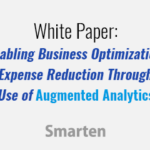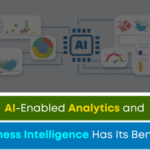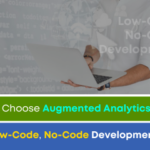Apply Predictive Analytics to Specific Business Use Cases for Real Results!
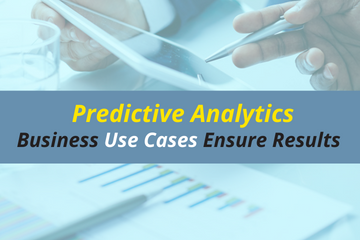
Gartner has predicted that, ‘Overall analytics adoption will increase from 35% to 50%, driven by vertical and domain-specific augmented analytics solutions.’ Your business, like every other business in the world, has its own industry, domain and vertical concerns, and these concerns drive your competitive strategy, your products and your services.
Predictive analytics uses sophisticated analytical methodologies to predict future outcomes based on historical data. Using these techniques, the organization can predict future events, customer buying behaviors, and business outcomes. These techniques can help the business drive results, improve revenue, understand customer and client buying behavior, solve problems, plan for new locations and products, create accurate pricing strategies and plan for new resources and training, as well as for appropriate maintenance, supply chain services, etc.
‘Take the guesswork out of the planning process and analyze factors that influence business success. Plan and forecast accurately.’
Predictive Analytics utilizes various techniques including association, correlation, clustering, regression, classification, forecasting and other statistical techniques. These techniques can be targeted to specific business use cases to solve specific, unique business issues and to help the business plan, forecast and compete.
In order to understand how businesses might use assisted predictive modeling and predictive analytics, let’s look at some business use cases and how analytical techniques can help the enterprise derive concise, clear information to support decisions and strategies.
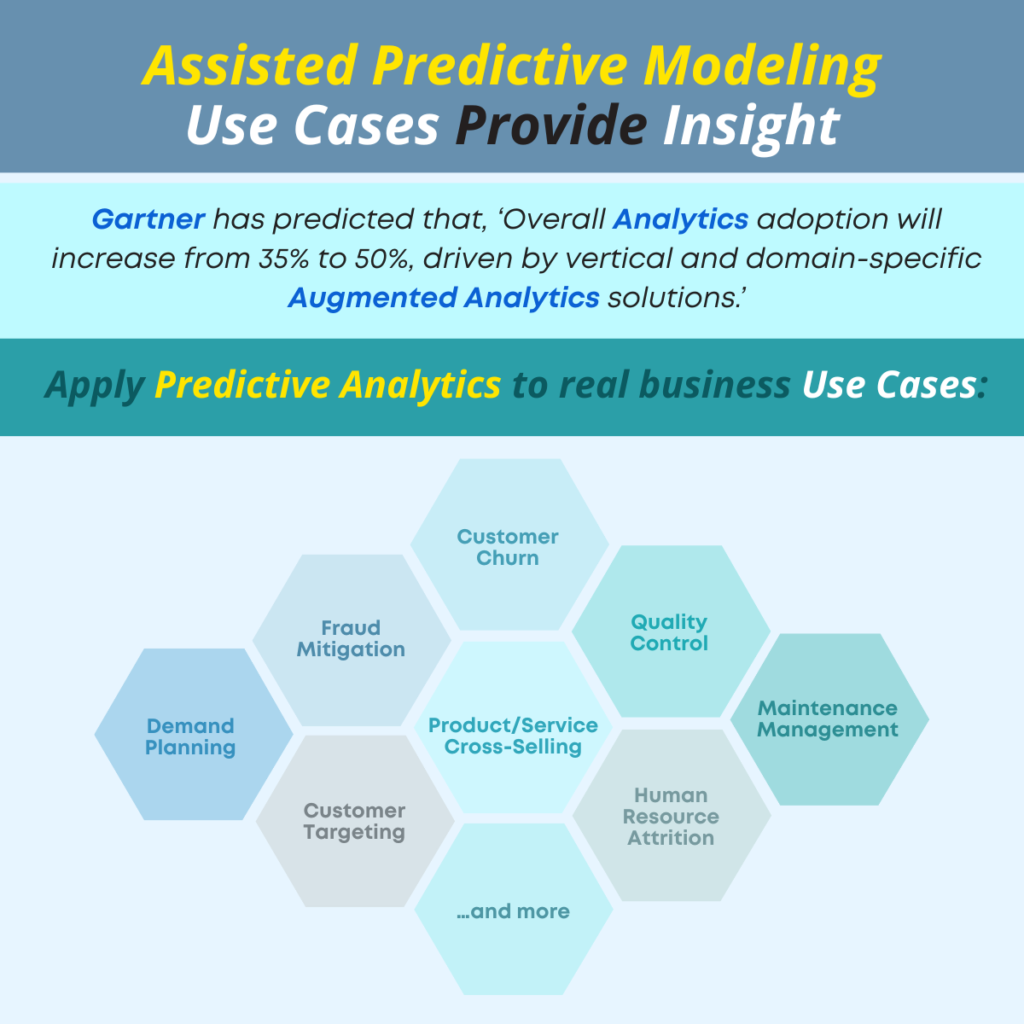
Customer Churn
The cost of acquiring and interacting with customers can be expensive and each time a business loses a customer, it must spend money to replace the customer.
Fraud Mitigation
Businesses must mitigate fraud and control business costs and must develop and sustain fraud detection processes to monitor operations.
Quality Control
Businesses must control quality or risk losing customers and market share and exposing the enterprise to legal risk and liability.
Demand Planning
Take the guesswork out of the planning process and analyze factors that influence business success. Plan and forecast accurately.
Product/Service Cross-Selling
Leverage customer satisfaction to cross-sell and upsell products and services and increase revenue and brand loyalty.
Maintenance Management
Focus on equipment maintenance to ensure that downtime is limited and equipment is up and running, anticipate resources, hours on the job and training needs.
Customer Targeting
Identify the reasons customers buy a product or service and use fact-based data to create products, marketing campaigns, ads and customer outreach. Target specific demographics and customers.
Human Resource Attrition
The enterprise must retain team members and to do so, it must understand what makes a team member stay or go, what makes them invest in the future of he business and what issues create issues and dissatisfaction.
Loan Approval
The enterprise must avoid bad loans, so as to enhance profitability and productivity and it must have a dependable process for identifying and attracting the right clients and for reviewing, approving and managing loans.
Marketing Optimization
Create attainable targets and goals with an understanding of what improves and affects sales and how customers choose a product or service, how to market and advertising to achieve objectives.
Predictive Analytics Using External Data
Integrate external data and analyze data to assess the affect on sales, marketing, finances, resources, productivity, etc.
Online Target Marketing
Optimize marketing funds and resources, understand what works and what does not work, and how, when and where to message and the ideal demographic and profile of the target customer.
Student Academic Performance
Predict academic performance of students to effectively manage student interaction and training and improve environment to assure student success.
Crime Type Prediction
Predict the type of crime that is likely to occur to plan for appropriate law enforcement resources, placement and strategies and ensure public safety and appropriate use of funds.
‘Predictive Analytical techniques can be targeted to specific business use cases to solve specific, unique business issues and to help the business plan, forecast and compete.’
Find out how Assisted Predictive Modeling and Augmented Analytics can help your business plan for success, and explore the potential of comprehensive Predictive Analytics here.



